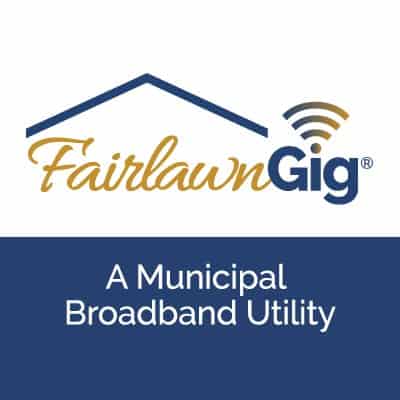 One of America’s internet service providers managed to achieve a customer satisfaction score of 94%, an unprecedented vote of approval from consumers that typically loathe their cable or phone company.
One of America’s internet service providers managed to achieve a customer satisfaction score of 94%, an unprecedented vote of approval from consumers that typically loathe their cable or phone company.
What also makes this provider different is that it is owned by the public, and administered by the City of Fairlawn, Ohio. Fairlawn is a suburb of Akron, with a population of around 7,400 people. Akron is dominated by Charter Spectrum for cable and AT&T for telephone service. But the suburbs have been underserved by both companies for decades. As with many northeastern cities, the economic shift away from manufacturing towards high-tech businesses requires robust connectivity. But many communities are stuck with a cable company that will not service less populated areas in town and a phone company that is willing to leave many customers with low-speed DSL and nothing better.
When a community finds it cannot get gigabit fiber optic service for residents, it can either live with what is on offer instead or decide to do something about it. Fairlawn decided it was time to establish FairlawnGig, a municipal broadband utility that would provide gigabit fiber service to every resident in town, if they wanted it.
Broadband Communities reports local residents love the service they are getting:
The online survey results reveal overall satisfaction with FairlawnGig at an astoundingly high number of 94% with more than 3 out of 4 (77%) saying they are “very satisfied.”
Additionally, FairlawnGig 94% of residential customers rated the service they receive from FairlawnGig as “excellent” or “very good.”
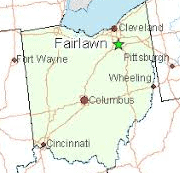 FairlawnGig offers two plans to residents: 300/300 Mbps service for $55 a month or 1,000/1,000 Mbps service for $75. Landline phone service is an extra $25 a month, and the municipal provider has pointed its customers to online cable TV alternatives like Hulu and YouTube TV for television service. Incumbent cable and phone companies usually respond to this kind of competition with cut-rate promotions to keep the customers they have and lure others back. Spectrum has countered with promotions offering 400 Mbps internet for as little as $30/mo for two years. Despite the potential savings, most people in Fairlawn won’t go back to Spectrum regardless of the price. FairlawnGig’s loyalty score is 80, with 85% of those not only sticking with FairlawnGig but also actively recommending it to others.
FairlawnGig offers two plans to residents: 300/300 Mbps service for $55 a month or 1,000/1,000 Mbps service for $75. Landline phone service is an extra $25 a month, and the municipal provider has pointed its customers to online cable TV alternatives like Hulu and YouTube TV for television service. Incumbent cable and phone companies usually respond to this kind of competition with cut-rate promotions to keep the customers they have and lure others back. Spectrum has countered with promotions offering 400 Mbps internet for as little as $30/mo for two years. Despite the potential savings, most people in Fairlawn won’t go back to Spectrum regardless of the price. FairlawnGig’s loyalty score is 80, with 85% of those not only sticking with FairlawnGig but also actively recommending it to others.
Residents appreciate the service, deemed very reliable, and that technicians are local and accessible. The City says it works hard to ensure that customer appointments are kept and on time and representatives are available to assist customers with their questions and technical support needs. FairlawnGig claims its technicians spend extra time teaching customers about their services.
City officials candidly admit they were willing to build and launch the municipal fiber service even if it did not recoup its original investment for years to come. That is because the municipal fiber network has benefited the city in other ways:
- It has attracted new residents to town and kept them there.
- Several businesses launched or moved to be within FairlawnGig’s service area. Most are white collar businesses, such as IT firms, software and hardware engineers, and consultants.
- A new orthopaedic hospital is being developed in the town, in part because FairlawnGig can provide connectivity up to 100 Gbps for things like medical imaging and video conferencing.
- As businesses move in, so do workers looking for a shorter commute. Property values in the town have increased and realtors make a point to alert would-be buyers when a property is within FairlawnGig’s service area.
In short, Fairlawn officials see providing internet access as more than just a profit center. It is a public service initiative that is paying back dividends that will eventually exceed the $10 million investment taken from the city’s general fund to build the network. Taxes did not increase as a result of FairlawnGig either. Now other towns around Fairlawn and the city of Akron itself are showing interest in how to join forces to expand the public service well beyond Fairlawn’s town borders.
WOIO in Akron covered FairlawnGig back in January 2019 in this report explaining how a publicly owned fiber to the home service was delivering gig speed to this northeastern Ohio community. (2:31)


 Subscribe
Subscribe With an estimated 90,000 New Yorkers stranded without broadband service, a proposal from Charter Communications to block funding for future projects is coming under fire from a bipartisan group of rural legislators.
With an estimated 90,000 New Yorkers stranded without broadband service, a proposal from Charter Communications to block funding for future projects is coming under fire from a bipartisan group of rural legislators.

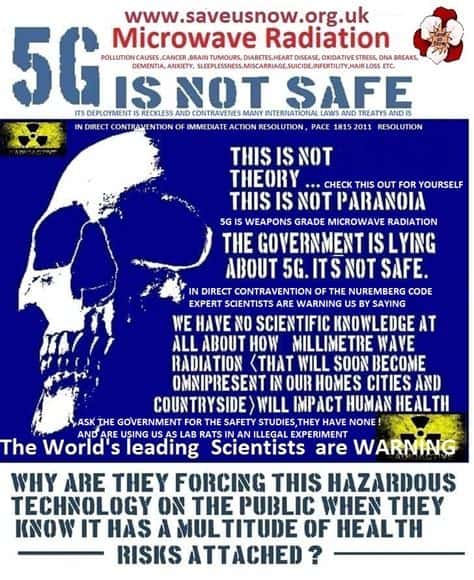
 In reality, 5G is nothing more than an overhyped wireless technology upgrade that can either be slightly faster than existing 4G LTE networks, or considerably faster if adequate wireless spectrum is available for short distance communications. In either case, the energy emitted by traditional cell towers or small cells is infinitesimal compared to much stronger local TV and radio stations. In fact, the fastest 5G networks operate on millimeter wave frequencies that cannot penetrate walls and doors and are capable of reaching only a few blocks away at most.
In reality, 5G is nothing more than an overhyped wireless technology upgrade that can either be slightly faster than existing 4G LTE networks, or considerably faster if adequate wireless spectrum is available for short distance communications. In either case, the energy emitted by traditional cell towers or small cells is infinitesimal compared to much stronger local TV and radio stations. In fact, the fastest 5G networks operate on millimeter wave frequencies that cannot penetrate walls and doors and are capable of reaching only a few blocks away at most.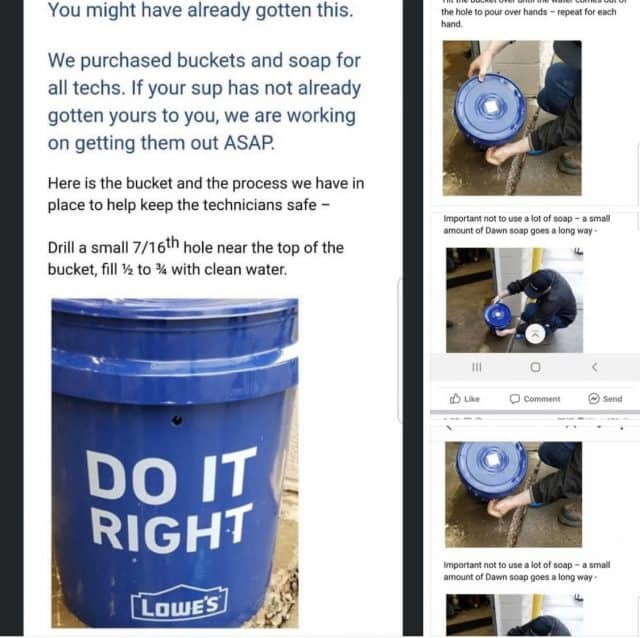
 “One lady coughed repeatedly at me as she tried to move some of her personal property out of the way so I could drill a hole to bring in a cable line,” Ralph said. “She started turning blue and her husband had to help her to a chair. I couldn’t get back to my truck fast enough that morning. I have a wife and three kids and the last thing I need to do is bring this virus back to them.”
“One lady coughed repeatedly at me as she tried to move some of her personal property out of the way so I could drill a hole to bring in a cable line,” Ralph said. “She started turning blue and her husband had to help her to a chair. I couldn’t get back to my truck fast enough that morning. I have a wife and three kids and the last thing I need to do is bring this virus back to them.”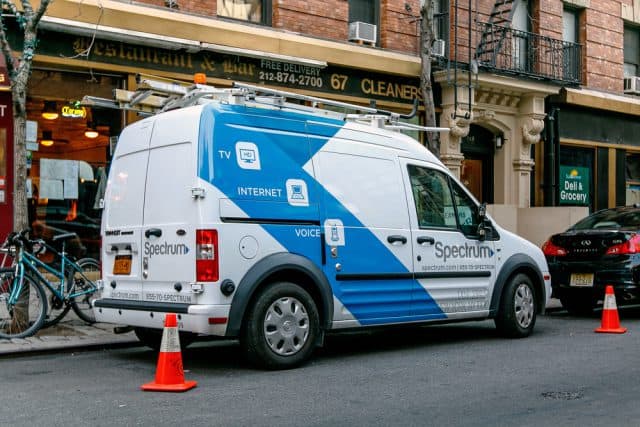 Spectrum technicians are being offered a weekly $25 restaurant gift card if they agree to brave service calls in customer homes.
Spectrum technicians are being offered a weekly $25 restaurant gift card if they agree to brave service calls in customer homes.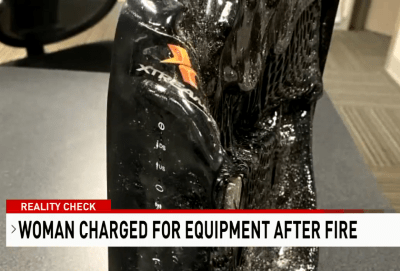
 Rose said she contacted at least five Mediacom employees, including a supervisor, and none were apparently familiar with this policy.
Rose said she contacted at least five Mediacom employees, including a supervisor, and none were apparently familiar with this policy.